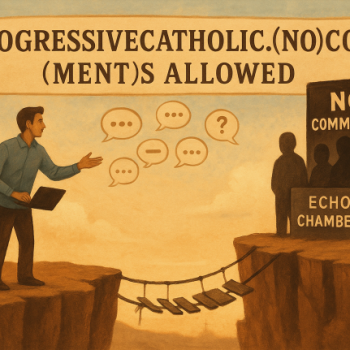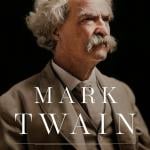GODSTUFF:
WHEN LOST IN HE LABYRINTH, ESCAPE BY MAGICAL THINKING
February in Chicago is the perfect time and place to get lost in a fairy tale, fantasy or any alternate universe where the temperature manages to ascend north of zero.
Even if you are stuck in a labyrinth and surrounded by fascists.
For a few hours earlier this week, I got lost in “Pan’s Labyrinth,” the Oscar-nominated film by Mexican writer-director Guillermo del Toro.
To those of you who haven’t seen it, make no mistake: This is not a feel-good fairy tale. It’s dark and difficult, scary, violent and, ultimately, redemptive.
There are fairies and other worlds, fantasies and escapism, but the alternate universe that the young heroine Ofelia (played by the astounding 12-year-old Spanish actress Ivana Baquero) finds herself in is only marginally safer than her reality.
Set in rural 1944 Spain, in the wake of the victory of Franco and his fascists, Ofelia, a voracious reader and fan of fairy tales, is traumatized by a move to an isolated military bunker/mansion with her ailing, pregnant mother and menacing, maniacal stepfather, “El Capitan,” a captain in Franco’s army.
Amidst unspeakable repression and violence perpetrated against members of the guerrilla Resistance, unlucky farmers and household staff by the sociopathological Capitan, Ofelia retreats into a world of fairies, fauns, puzzles and magic where she is heralded as the long-lost princess of the underworld.
In the eerie fantasy land — with its own cast of frightening characters — Ofelia is fierce and unafraid. She believes she can save her mother’s life and that of her unborn brother if she completes three challenges set before her by a thoroughly creepy goat-god Pan.
When I was a girl with a hyperactive imagination not unlike Ofelia’s, I occasionally had fantasies about fairies and little people that lived in our strawberry patch. I was their princess. They loved me and would sing and dance a la the Lollipop Guild from “The Wizard of Oz.”
Ofelia’s fantasy world is not one of berries and flowers. Instead, following the directions she’s given in the Book of Crossroads — “Open it when you’re alone, and it will show you what to do,” Pan instructs her — she crawls between the muddy roots of a dying olive tree to battle a giant toad who spits thick gunk at her and eats huge pill bugs.
Ofelia’s alternate universe is scary and haunting. But she is brave and selfless, even in the face of death.
“Because the paths of the Lord are inscrutable, because the essence of his forgiveness lies in his world and his mystery, because although God sends us the message, it is our task to decipher it,” the film tells us. “When we open our arms, the earth takes in only a hollow and senseless shell. Far away now is the world in its eternal glory. Because it is in pain that we find the meaning of life and the state of grace that we lose when we are born.
“Because God, in his infinite wisdom, puts the solution in our hands. And because it is only in his physical absence that the place he occupies in our souls is reaffirmed.”
In a world out of control — and doesn’t it feel like that so often during these dark, bitterly cold days — Ofelia believes she can control what happens to the people she loves by feats of bravery in the other world.
Psychologists might call that “magical thinking,” which is the belief that we exert influence over events that we really don’t. Whether it’s putting a mandrake root in a bowl of milk under her mother’s bed to keep the baby alive (as Ofelia does), or turning your hat inside out and backward to make the Bears win the Super Bowl (sorry, kids), we all think magically from time to time.
In his collection of short stories called, conveniently, Magical Thinking, the memoirist Augusten Burroughs talks about his magical thinking as a child and as an adult.
“I believe I control the world with my mind,” he teases with characteristic self deprecation.
In the chapter “Beating Raoul,” Burroughs writes something that, while not specifically about anything magic, had an epiphanal, magical effect on my soul. The author says, “I myself am made entirely of flaws, stitched together with good intentions.”
That is the loveliest way I’ve ever heard the human condition described. Broken vessels and wounded healers all.
I like to think of myself as a coffee-stained, moth-eaten mohair blanket of flaws and good intentions, with a circular patch of cat hair stuck to the front.
The truly magical notion in “Pan’s Labyrinth” is that Ofelia is saved and is able to transcend to another realm where, to quote the screenwriter, “there are no lies and pain,” because of her humanity, not in spite of it.
© Copyright 2007 Sun-Times News Group















